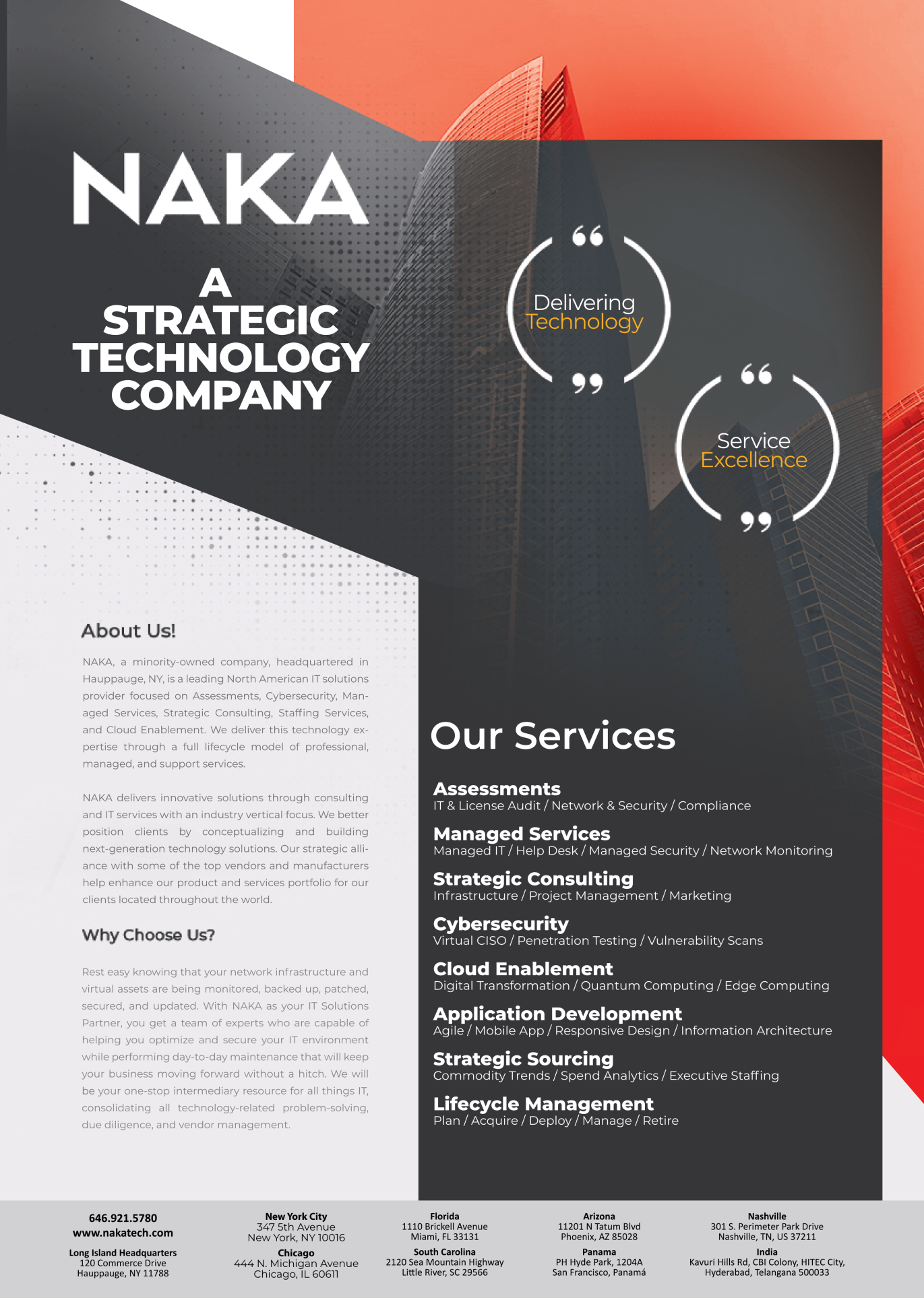Understanding Managed Services & Their Benefits To The Business

Understanding Managed Services & Their Benefits To The Business
In this innovation centered age, organizations can thrive or become extinct by the nature of their IT framework. The organizations are run electronically these days, and there are not many that wouldn’t endure massive misfortunes if their IT network experienced a significant issue.
Similar to large organizations, SMBs need quality innovation to work proficiently and stay serious. However, as dependence on IT develops, supporting a mind-boggling IT structure is getting progressively expensive and tedious.
Managed solutions permit an association to offload certain IT tasks. It accepts progressing accountability for checking, managing, refreshing, and settling issues identified with chosen IT frameworks and capacities for your sake.
This gives a large number of advantages to SMBs which we’ll have a look below.
Managed Services Driven By Large Companies
As innovation progressed and globalization grabbed hold, bigger organizations expanded and started to have similarly enormous IT organizations. These associations were the first to prepare for managed IT solutions.
It started with equipment and programming merchants adding new highlights that permitted frameworks to screen organizations, signal issues, and transform information into usable data.
However, these frameworks were mind-boggling to manage.They were only equipped towards enterprise organizations and too costly for SMBs. By 2004, frameworks developed permitting more modest organizations to exploit this innovation, driving the managed solution’s development.
Managed benefits today include checking networks, making suppliers aware of dangers or issues, and settling them proactively before serious issues happen.
SMBs are ordinary clients of managed solutions, for certain suppliers available who have practical experience in giving managed IT solutions to this arena.
Business Benefits of IT Managed Services
- Scalability
What are the benefits of managed solutions for your IT group? A MSP opens up your IT group for pursuits that are more significant to your business. The regular impression of IT experts imagines them performing humble fixes and finding out if you’ve turned it now and again once more.
While this is valid in certain organizations, it’s unquestionably an insufficient utilization of IT assets. When you are overwhelmed with assisting clients with fixing issues or managing hardware breakdowns, they don’t have the opportunity to push your business forward.
Managed solutions can help by updating work processes, redesigning gear, and computerizing certain tasks. This takes the pressing factor of everyday measures off your group so they can zero in on advancement.
- Narrowed Business Focus
What are the advantages of managed services for your IT team? An MSP frees up your IT team for pursuits that are more crucial to your business. The common perception of IT professionals envisions them performing menial repairs and asking whether you’ve turned it off and on again.
While this is true in some businesses, it’s definitely an ineffective use of IT resources. If your internal team is swamped with helping users fix basic issues or dealing with equipment malfunctions, they don’t have the time or focus to work on projects that push your business forward.
Managed services can help by redesigning workflows, upgrading equipment, and automating certain tasks. This takes the pressure of daily processes off your team so they can focus on innovation.
- Minimized Downtime
Downtime most often crops up due to equipment issues. Servers can fail, and computers can malfunction. Electrical disruptions can occur as well. These issues are usually mitigated by implementing redundant equipment that allows systems to switch to a backup when there is a failure.
System attacks can also take out your networks and data. Small businesses are particularly vulnerable to cybercrime. Up to two-thirds of attacks are targeted at small businesses, and small businesses are the least likely to have protections in place that would minimize downtime in the event of a cyber attack.
Reducing the risk of downtime is a multi-faceted task that an in-house team may not have the bandwidth or experience to tackle effectively. Managed services can cut down costs associated with downtime by preventing it from happening in the first place.
Takeaways
Managed service providers offer a variety of services. Some focus on specific areas and functions. This may include storage, desktop management, and help desk services. Others focus on server hardware and operating systems.
Consider the IT requirements of your business. With so many different managed service providers on the market, it’s important to choose a service offering the required coverage and type of management services suitable for your operations.



